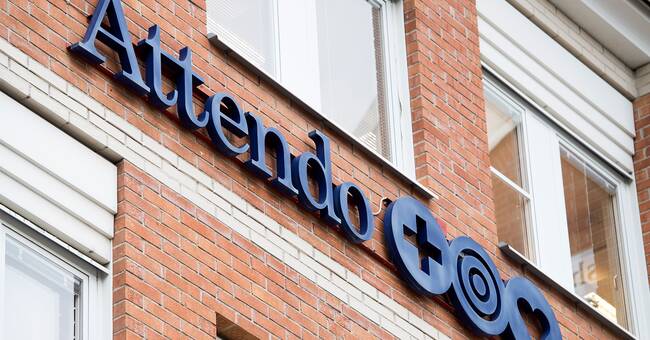The care group Attendo admits certain shortcomings in the care of the nursing home Sabbatsbergsbyn on Norrmalm in Stockholm during the pandemic's first wave in the spring of 2020.
In the beginning of the pandemic, Attendo informed relatives that they had started cohort care, which means that those who are infected with covid-19, or show symptoms, are isolated from the others and cared for by special staff.
But this is information that is rejected by staff and relatives in the SR documentary "The disloyal care assistant".
"A challenge"
Attendo's press manager Makan Afshinnejad believes that the high spread of society in Stockholm and the lack of test capacity at the time is what caused the infection to spread to the nursing home.
- It was a challenge to have enough staff for a short time in the beginning of the pandemic, says Makan Afshinnejad.
According to a press release published on Attendo's website, there were challenges in conducting cohort care, among other things because they care for people with dementia who may have difficulty remembering and following instructions.
Were there any other concrete measures that you could have taken?
- It is clear that we must analyze and see what we could have done better.
At the same time, we can state that when the routines were in place during the second wave, the infection control work also worked better, says Makan Afshinnejad.
Attendo's CEO Martin Tivéus says in an interview with Studio One that it is regrettable that relatives of the residents were informed that they were conducting cohort care.
When asked what it was that made it impossible to do this after all, he answers:
- It was such a difficult situation in the beginning that it was not possible to maintain cohort care all the way during the beginning of the pandemic.
In the SR documentary, the care assistant Stine Christophersen says that she was threatened with dismissal after sounding the alarm about the shortcomings in the care at the nursing home.
- I will not go further into an individual personnel matter, but what I can say is that no employee should have to be subjected to reprisals for pointing out shortcomings, says Makan Afshinnejad.

